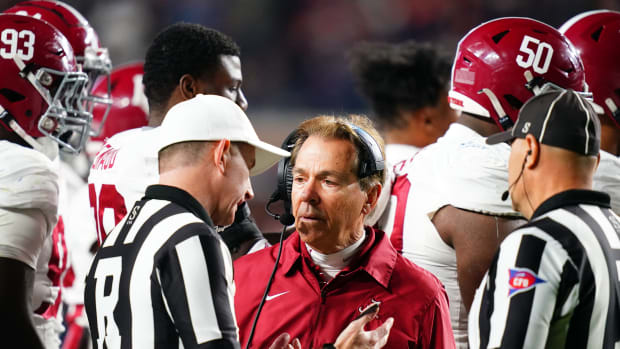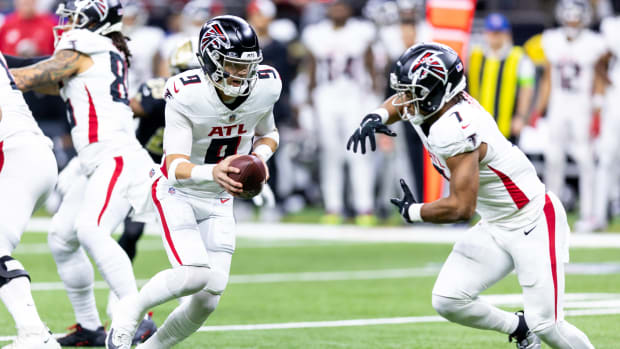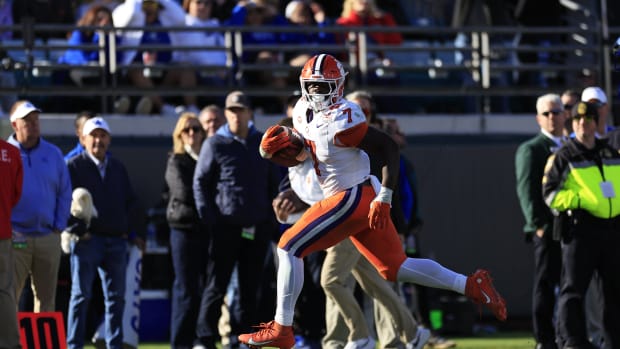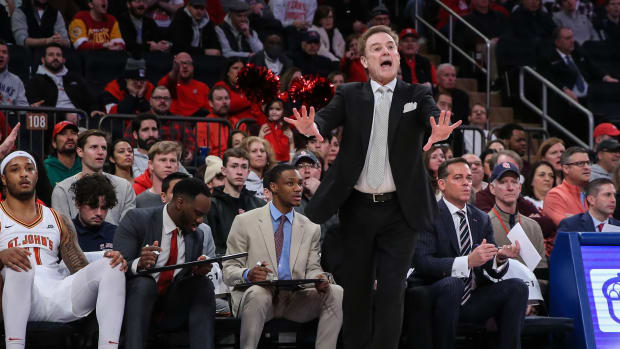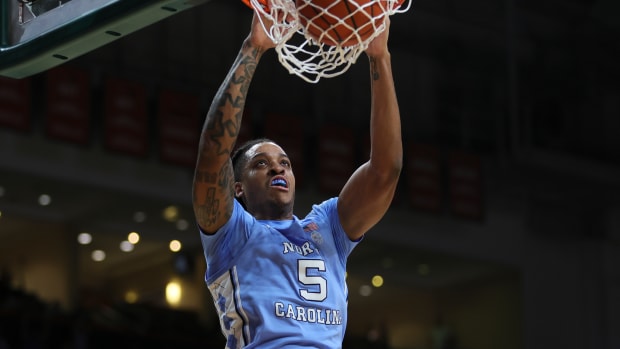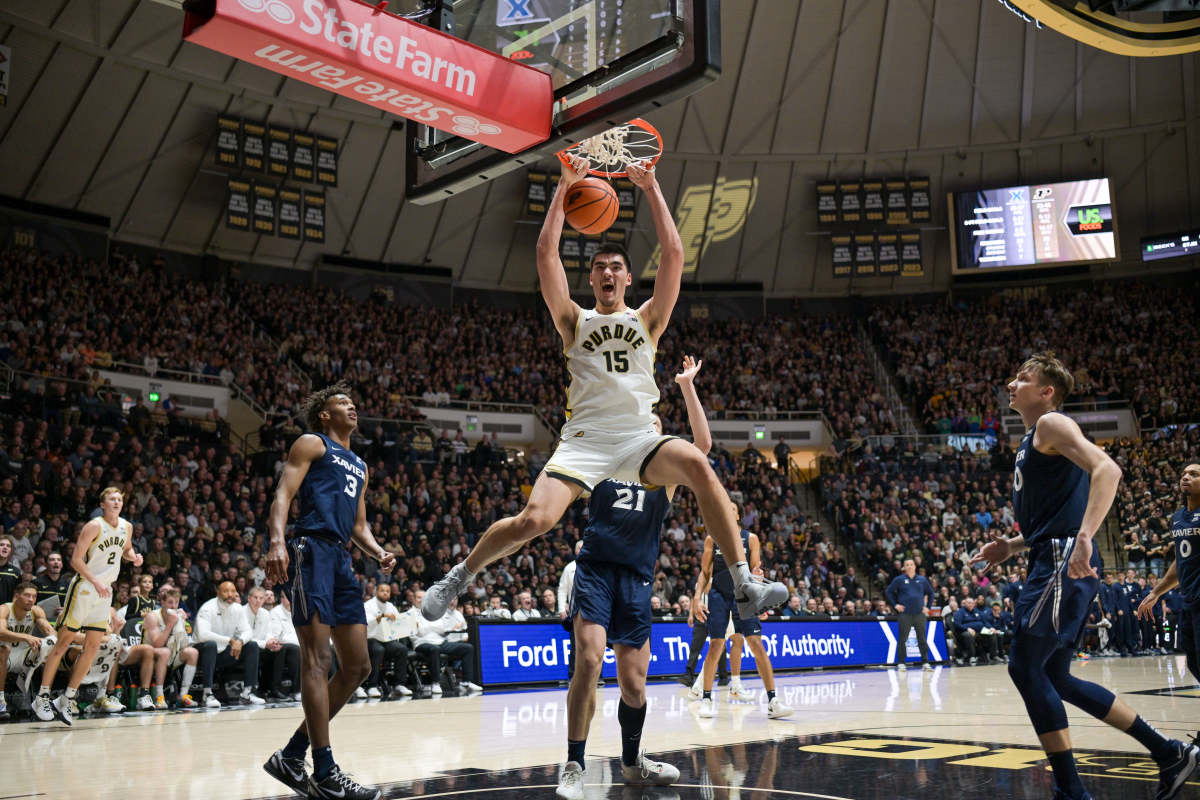
NIL Confusion Remains for International Athletes
International student-athletes’ lack of access to NIL opportunities has been a lingering problem since July, 2021. Lack of education, federal guidance, and immigration law expertise for those in athletic administrative roles and those working for third-party NIL facilitation companies - collectives, for example - has led to confusion that has made many steer far away from finding permissible opportunities for international athletes.
Many in the NIL industry mistakenly think that international student-athletes are banned from participation in any NIL engagement. International student-athletes hear this rhetoric and take it as gospel. In reality, the prohibition of foreign athletes from receiving NIL compensation is only a half-truth.
International students make up nearly 12.8% of Division-I NCAA athletes. Sports like tennis are comprised of over 60% foreign students. International athletes are not only represented in non-revenue athletics: Division-I men’s basketball exceeds the collegiate average, with 15% of athletes coming from outside the United States.
Virtually all foreign student-athletes have legal residency in the United States on an F-1 visa, colloquially known as a student visa. This legal residency is offered to full-time students enrolled in accredited American universities. The critical aspect of the student visa in the context of NIL endorsement opportunities is the restrictions on student employment. Students on an F-1 visa are not allowed to engage in employment outside of “on-campus” work or other specific programs geared toward career development – none of these exemptions allow for traditional influencer-based NIL activations.
There are two types of NIL engagements: active and passive. Active engagements run afoul of F-1 visa guidelines on the employment of international students –– passive engagements do not.
Active NIL engagements require the labor of athletes. This can be any form of service or work by the athlete in the engagement—things such as posting on social media, appearing at an event, or signing an autograph. Unfortunately, these NIL activations are the most common in the industry, as brands and collectives have increasingly turned student-athletes towards participation in the influencer economy.
While less common, passive NIL engagements leverage the influence of the athlete without requiring any labor on the athlete’s end. The group licensing payments for the upcoming EA Sports NCAA Football video game can best illustrate this type of engagement. In exchange for financial considerations, student-athletes give EA Sports a license to use their name, image, likeness, voice, and jersey number in the game. No labor comes from the student-athlete, and therefore, no violation of their student visa has occurred.
Some of the nation’s most sophisticated collective management companies have been able to bypass the restrictions of F-1 student visas. One Penn State collective was able to passively license Canadian athletes’ NIL for billboards in their home country. While these endorsements require additional care and financial investment to ensure compliance with passive licensing principles, they can be helpful tools for collectives to attract and retain elite international talent.
Players in the NIL space without this expertise are at a severe detriment. Knowledge of these opportunities can help grow opportunities for international athletes to earn NIL compensation like the rest of their teammates.
This week, Gabriel Castro and Tiffany Derentz - attorneys at immigration law firm BAL - released findings based on roundtable discussions with many administrators in college athletics. Their discussions led to five conclusions:
- Schools want guidance.
- [International] Students are vulnerable.
- The playing field [for international students] is uneven.
- NIL deals benefit local communities.
- Foreign athletes are being denied the full student athlete experience.
As a result of these findings, the attorneys pushed for clarifications from the Department of Homeland Security, ICE, and any government bodies that regulate visas:
"The government cannot wait for Congress to act. The government agencies overseeing F-1 foreign students can and should publish clarifying policies on permissible NIL activities in which F-1 student-athletes may engage."
The attorneys further illuminate the frustrations of administrators with the lack of promised clarity from the U.S. Government:
“The Student and Exchange Visitor Program and Homeland Security Secretary Alejandro Mayorkas have both indicated they will provide guidance, but so far nothing has materialized.”
This memo is very important. Without clear guidance, those responsible for facilitating NIL transactions will not jeopardize the legal residency of foreign athletes. This hinders the ability of international athletes to cash in on the same benefits as their peers.
More education will dispel the myth that international athletes are ineligible for all NIL compensation. While idealistically, foreign athletes should be able to be on equal footing as their American teammates, at a minimum, clarity on what types of NIL engagements international athletes can participate in is imperative. Combining education and clear governmental guidance is a necessary step forward for international athletes and administrators alike.
